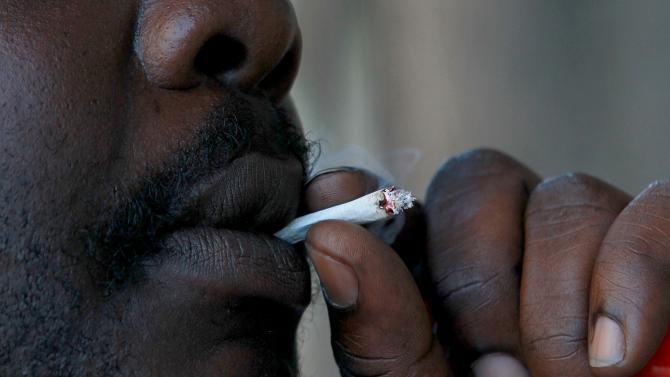Members of Parliament have in a pre-legislative hearing yesterday discussed the ‘Tobacco and Nicotine Control Bill 2022” in order to ban public smoking across the country.
Concord Times reports that the proposed public spaces in the bill that people should not smoke include offices and workplaces, court buildings and factories, hospitals, clinics and other health institutions, corridors, reception areas, escalators, cinema halls, theatres, video houses, restaurants, hotels, bars and other eating places.
Children homes, residential houses and such other premises where children are taken care of , place of worship, correctional centres, police stations and cells, public service vehicles, aircrafts, passengers, educational facilities, markets, shopping malls, stadia, will also be prohibited for smoking.
World Health Organization Project Consultant, Reynold Senesi, said the first international treaty negotiated under the auspices of WHO was the Framework Convention on Tobacco Control (FCTC) and that it developed the response to the globalization of the tobacco epidemic.
He said countries should raise tobacco prices and taxes, stating that 10% increase will reduce consumption rate to 8%.
He said between 2014 to 2020 tobacco products have become less affordable in 22 countries.
He said countries should ensure that indoor workplaces and all other public places are 100% smoke-free without exception, stating that 15 countries have ban smoking in 3-7 specified public places.
He said countries were required to completely ban tobacco advertising, promotion and sponsorship at domestic and international levels.
He urged that countries should support farmers and other tobacco producers to engage in alternative activities.
He said Sierra Leone should develop and implement comprehensive, multi-sectional tobacco control strategies and plans and also develops a comprehensive legislation and reduces tobacco use, nicotine addiction and exposure to tobacco smoke.
According to the Director of Non-Communicable Diseases and Mental Health, Dr. Santigie Sesay, the chemical in tobacco and tobacco smoke can cause damage to most of the body system.
He said tobacco use is damaging to teens because their bodies are still growing, thus the chemicals in it interferes with the process of growth and development.
He said smoking leads to disease and disability and harms nearly every organ of the body.
He revealed that 3,330 deaths annually in Sierra Leone are attributed to tobacco, and that 900 of those lives lost were due to exposure to second-hand smoke’
He said 4000 children and 955,000 adults use tobacco each day and that in 2017, tobacco cost the country’s economy at Le403.9billion.
He stated that second- hand smoking can cause heart disease, lung cancer, nasal sinus cancer for adults and fetal growth impairment, bronchitis, pneumonia and other lower respiratory tract infections, asthma exacerbation and middle ear disease, and respiratory symptoms for children.


 Post a comment
Post a comment









Comment(s)
Disclaimer: Comments expressed here do not reflect the opinions of Sierraloaded or any employee thereof.
Be the first to comment